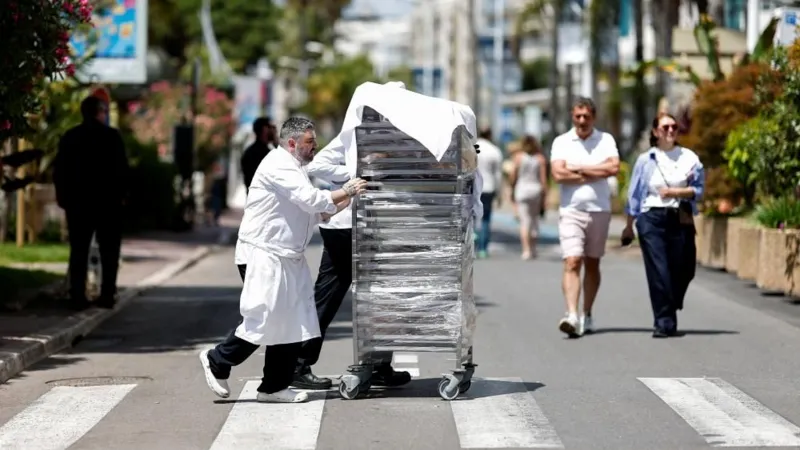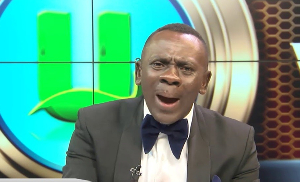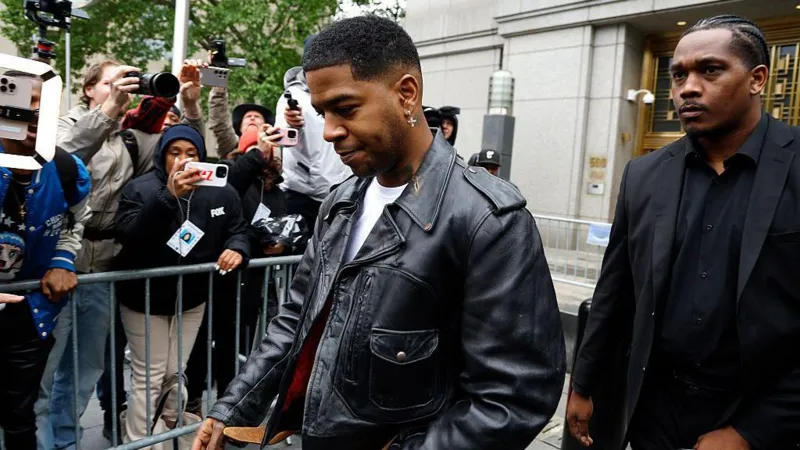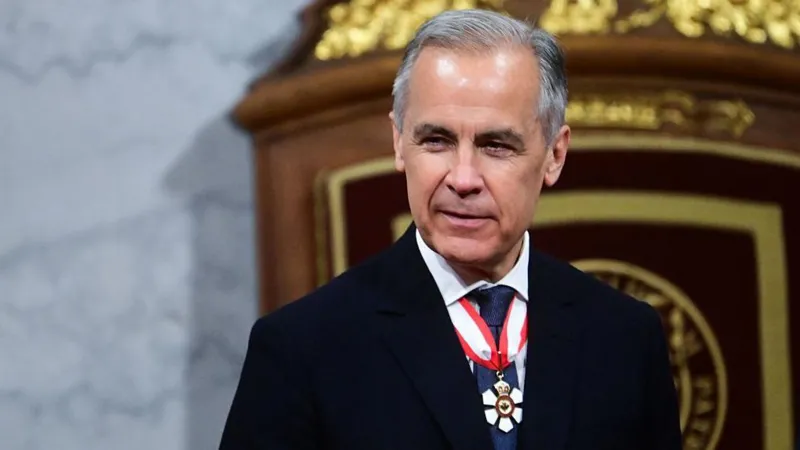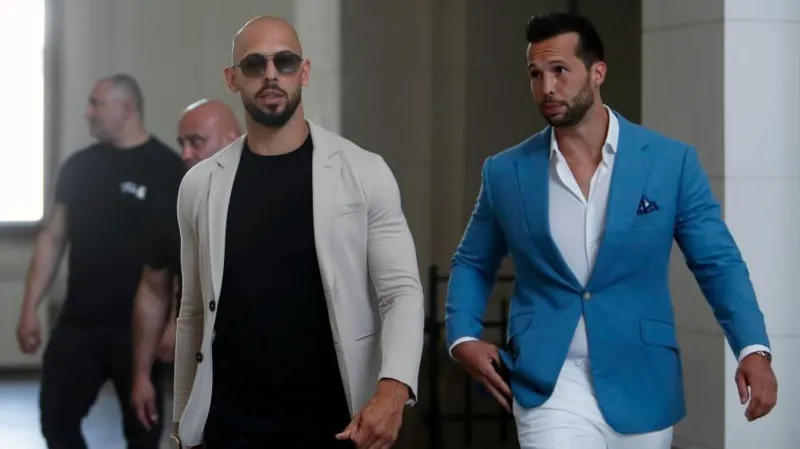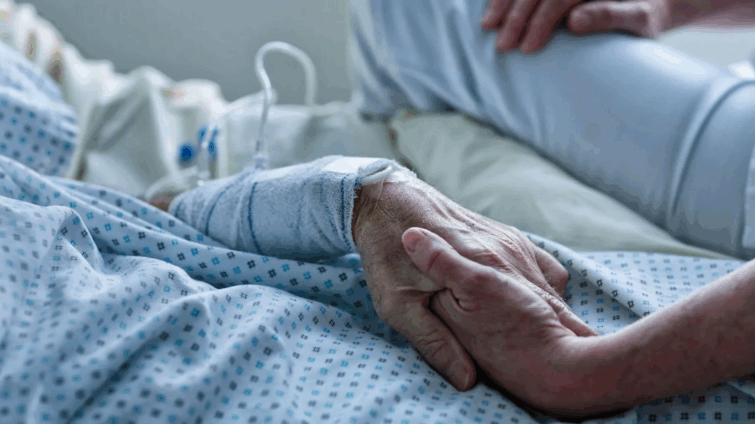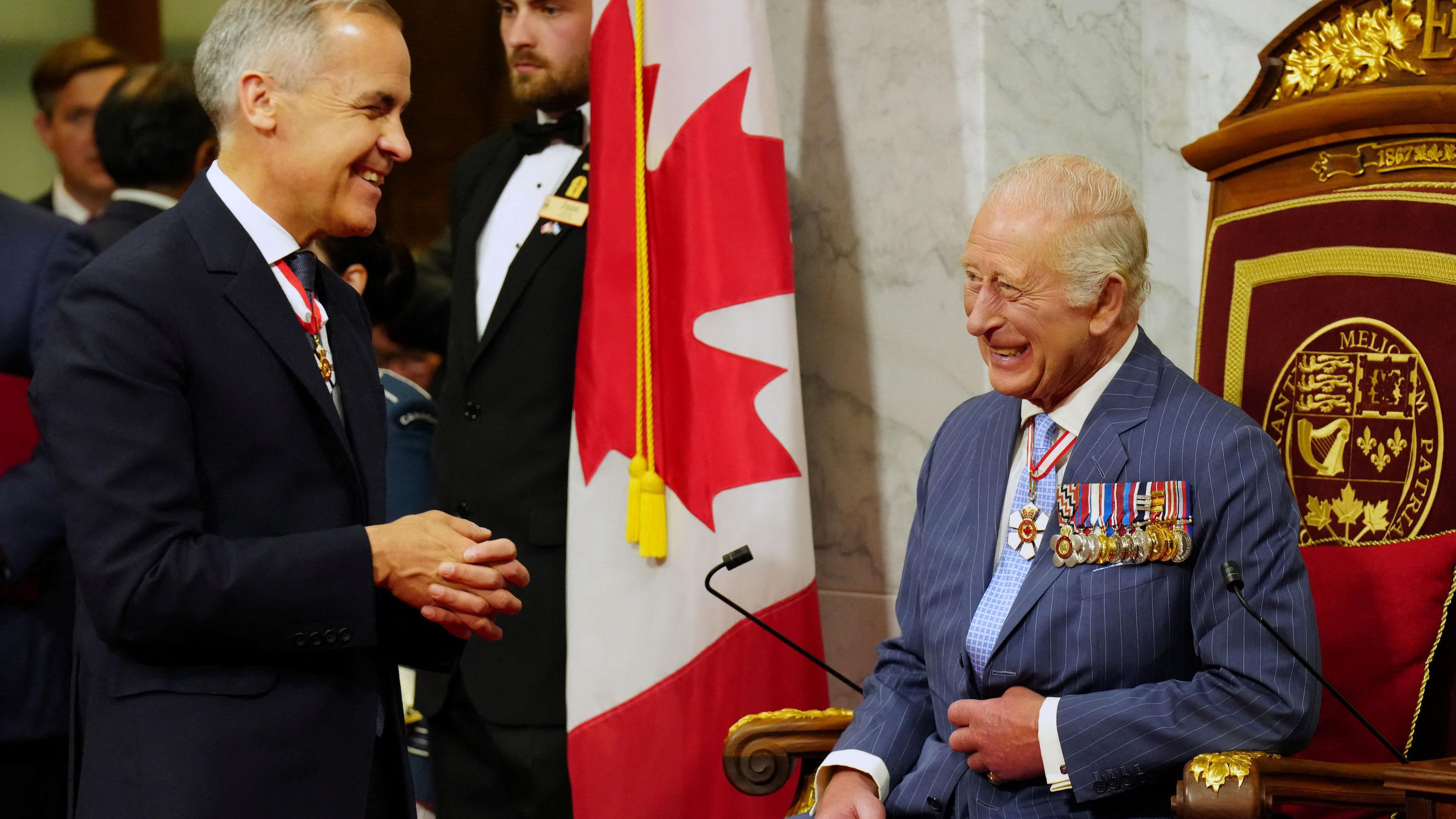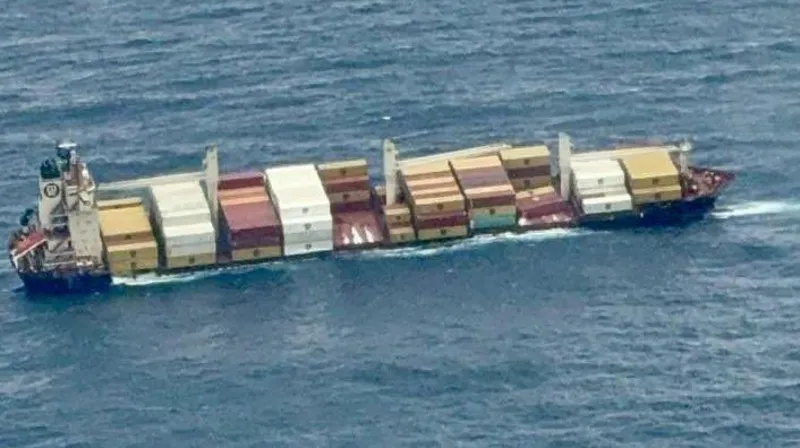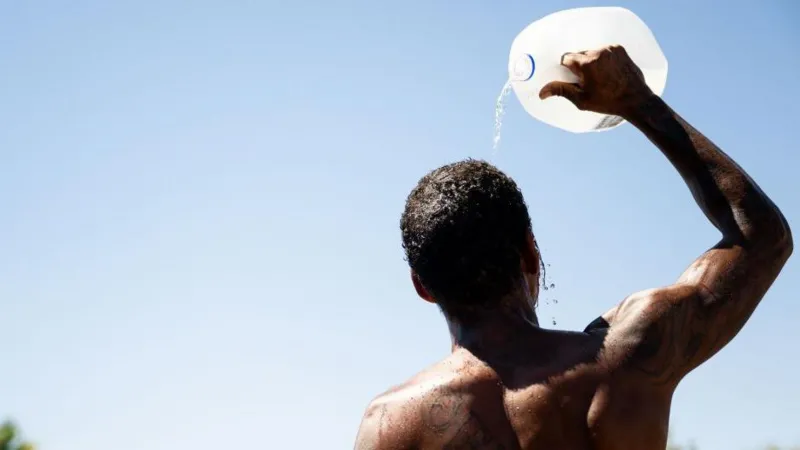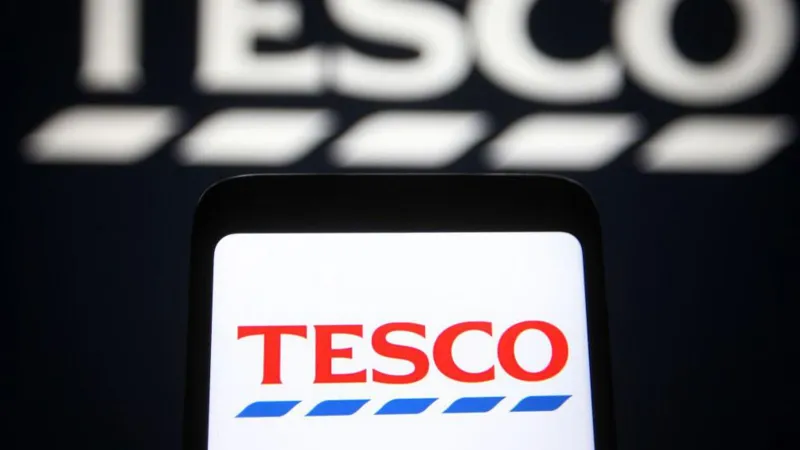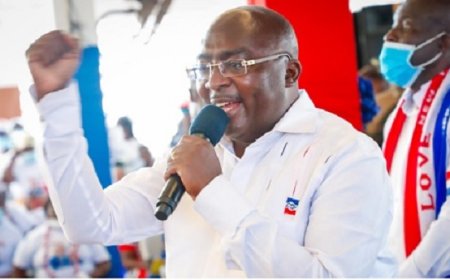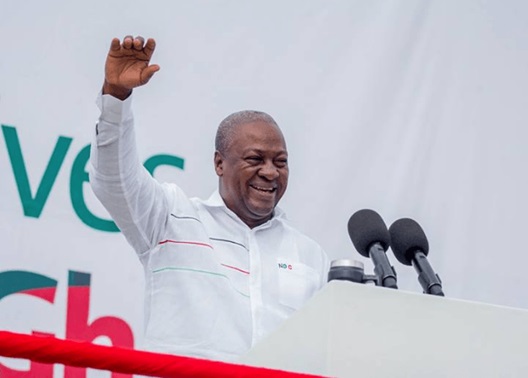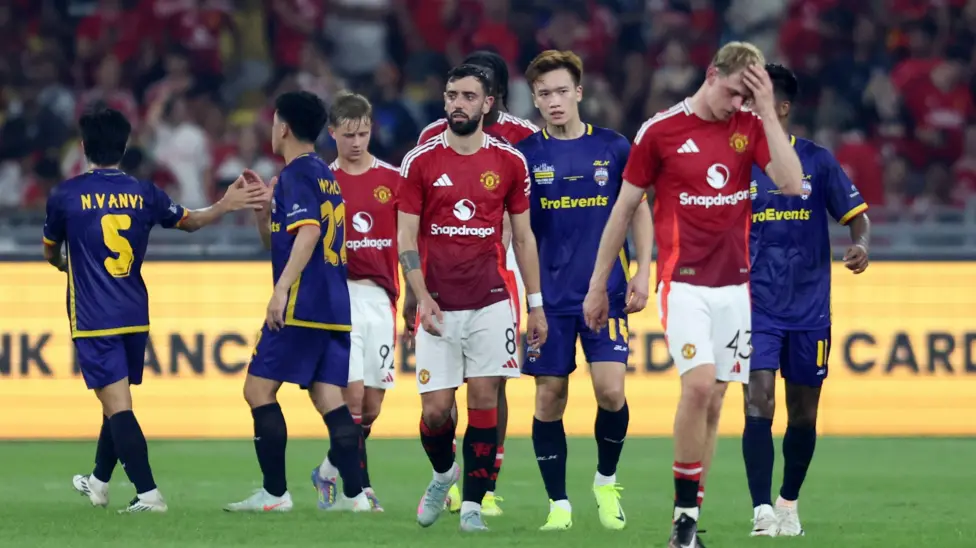Venezuela's ruling party claims election win as opposition boycotts poll
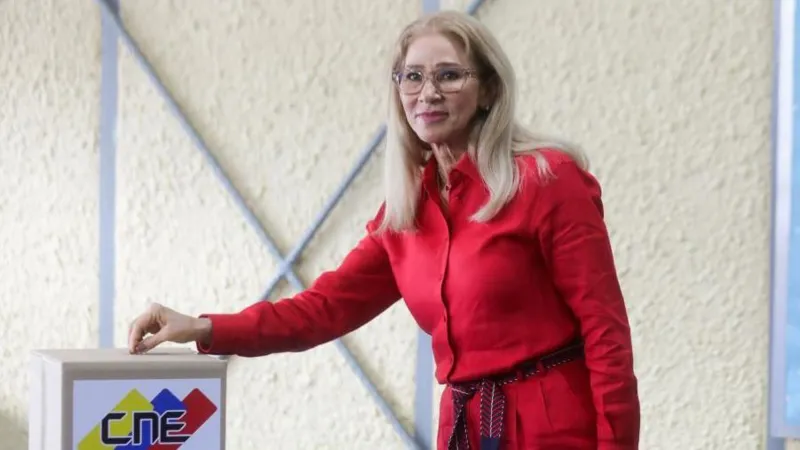
Venezuela's ruling party is celebrating what it has described as "an overwhelming victory" in regional and parliamentary elections, which were boycotted by the majority of opposition parties.
The electoral council (CNE), which is dominated by government loyalists, says candidates for the United Socialist Party of Venezuela's (PSUV) - President Nicolás Maduro's party - won the race for governor in 23 out of the country's 24 states.
According to the CNE, the ruling coalition also won 82.68% of the votes cast for the National Assembly, Venezuela's legislative body.
The main opposition parties called the elections a "farce". Opposition leader, María Corina Machado, said turnout had been below 15%.
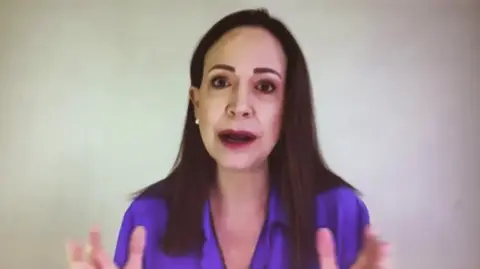
"More than 85% of Venezuelans did not obey this regime and said 'no'," Machado said about those who abstained.
Independent journalists who visited polling stations throughout the day said that they saw no queues and fewer people turning out than for the presidential election last July.
The CNE meanwhile put the turn-out at 42.6%.
The opposition has long questioned the independence of the CNE, which is led by Elvis Amoroso, a former legal counsel to President Maduro.
The CNE came in for widespread international criticism in last year when it declared Mr Maduro the winner of the presidential election without ever providing the detailed voting tallies to back up their claim.
Venezuela's opposition, meanwhile, published voting tallies it had gathered with the help of official election observers which showed that its candidate, Edmundo González, was the overwhelming winner.
Amid the wave of repression and arrests which followed the presidential election, González went into exile to Spain.
Machado, who threw her weight behind presidential hopeful Edmundo González after she was barred from running for public office, remained in Venezuela.
She was the main advocate for boycotting this Sunday's legislative and gubernatorial elections, saying that the result of July's presidential election should be respected before any new elections are held.
"We voted on 28 July. On 25 May, we won't vote," she said in a video message shared earlier this month.
However, a handful of opposition politicians did run for office, arguing that leaving the field open to government candidates was a mistake.
Among them were former presidential candidate Henrique Capriles, Zulia state governor Manuel Rosales and Juan Requesens, who was jailed by the Maduro government for allegedly taking part in a 2018 drone attack on the president.
Capriles told Spanish daily El País that for him "voting in Venezuela is an expression of resistance, of resilience, of not giving up".
Their decision to stand in the elections was criticised by those calling for a boycott, with Machado saying they had "betrayed the cause".
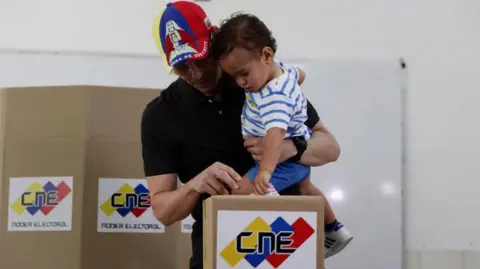
With turnout low, President Maduro's PSUV party sailed to victory in 23 of the 24 gubernatorial races, up from the 20 governor posts it previously held.
According to the preliminary results of the legislative election, the coalition backing President Maduro won an absolute majority of the 285 seats.
But three politicians from Henrique Capriles' opposition UNT party were also voted into the National Assembly, including Capriles himself.
Maduro has hailed the result as a "victory of peace and stability" and celebrated the fact that his party had regained control of the states of Zulia and, in particular, Barinas, the home state of his predecessor in office and political mentor, Hugo Chávez.
Only the state of Cojedes will now be in opposition hands, following the re-election of opposition candidate Alberto Galíndez.
Sunday's vote was preceded by a wave of arrests, which saw more than 70 people with links to the opposition detained for allegedly "planning to sabotage the election".
Among those detained is Juan Pablo Guanipa, 60, a close ally of María Corina Machado. The interior minister accused him of being "one of the leaders of this terrorist network" which he claimed had been plotting to disrupt the election by planting bombs at key sites.
Machado said his arrest and those of dozens of others was "state terrorism, pure and simple".
Venezuelan voters were also asked to choose representatives for the Essequibo region, a territory long administered and controlled by neighbouring Guyana which Venezuela claims as its own.
The territorial dispute has been submitted by Guyana to the International Court of Justice, which had ordered Venezuela to refrain from conducting elections for representatives for the region, an order which the Maduro government defied.
As Venezuela is not in control of the Essequibo, there were no polling stations in the territory nor did the people living there get a chance to vote.
Instead, voters in a small district expressly created for the purpose on the Venezuelan side of the border were asked to cast their vote, which will have only symbolic value.
Neil Villamizar, an admiral loyal to President Maduro, won the unusual vote and will now be declared "governor of Essequibo" by the Venezuelan government even though he has no power or control over the territory, which remains in Guyanese hands.
The president of Guyana, Irfaan Ali, has denounced the move as a "scandalous, false, propagandistic, opportunistic" and has said he will "do everything to ensure our territorial integrity and sovereignty is kept intact".
Source: BBC





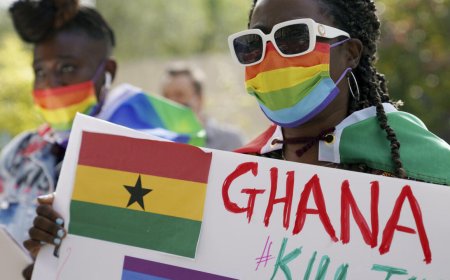
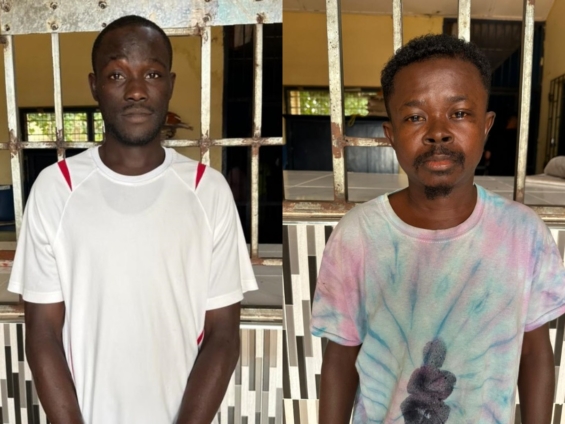
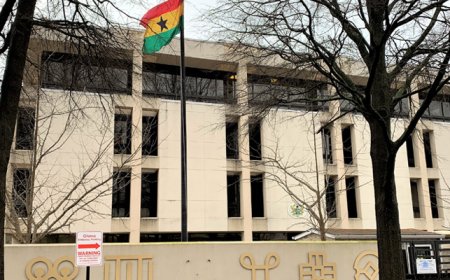
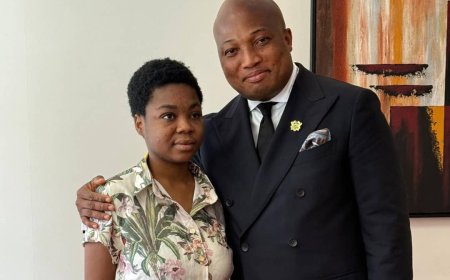
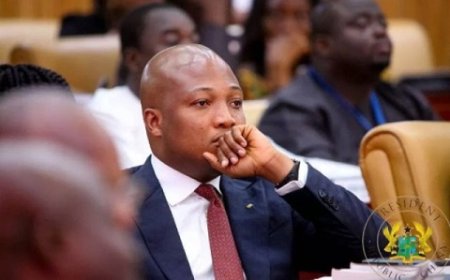






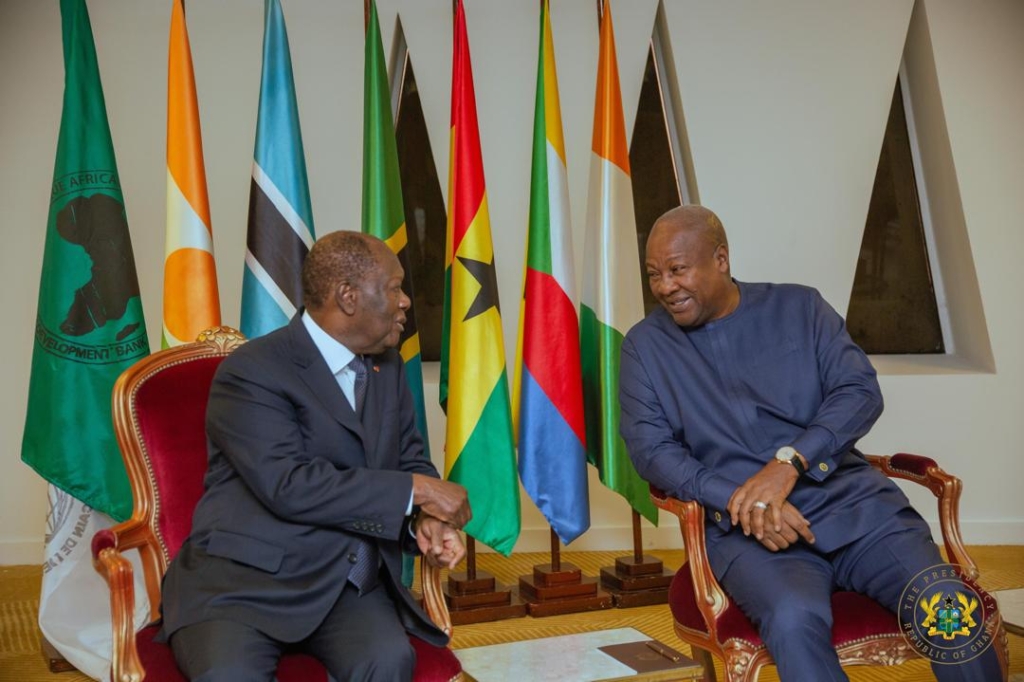
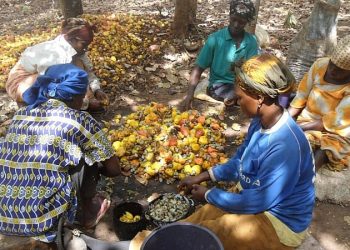
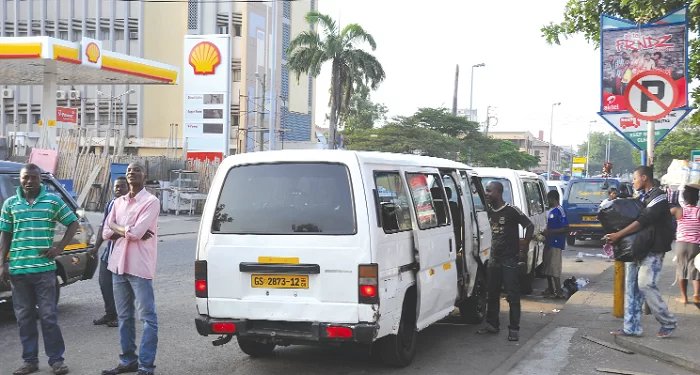
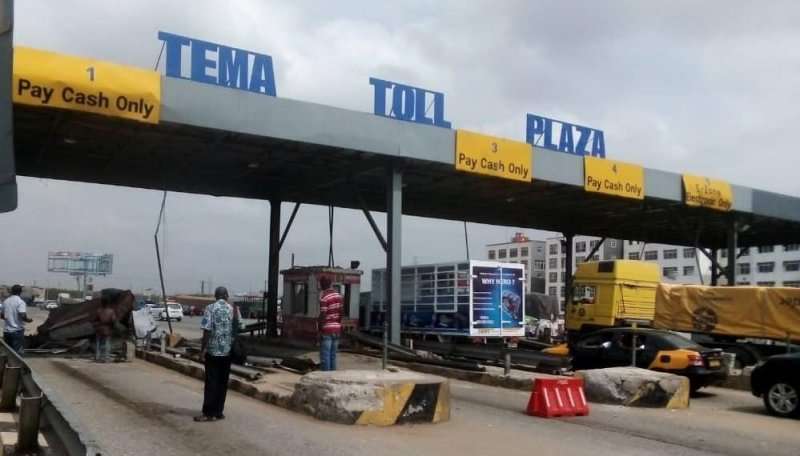

:max_bytes(150000):strip_icc():format(webp)/Health-GettyImages-ToothpasteOnAcne-4ea4cfedb2224b0fb601e61b59913d06.jpg)
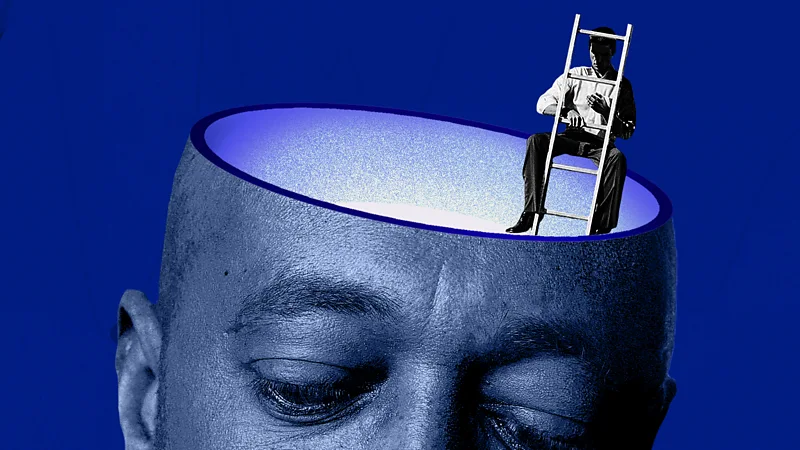
:max_bytes(150000):strip_icc():format(webp)/Health-GettyImages-1884986319-66db20f6180d468f8183118af4d289ff.jpg)


